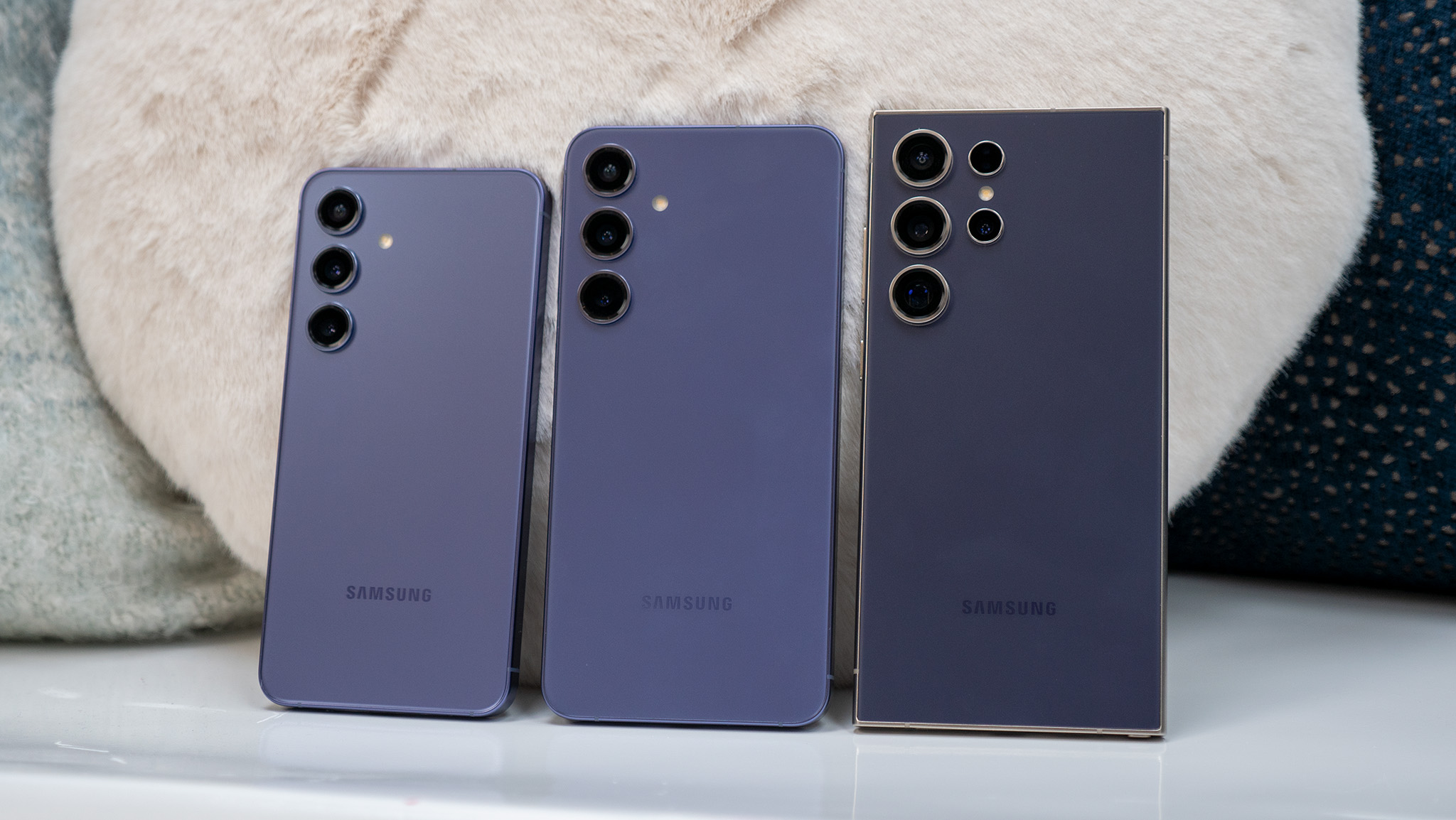Why should anybody care about your social status? - Talk Mobile
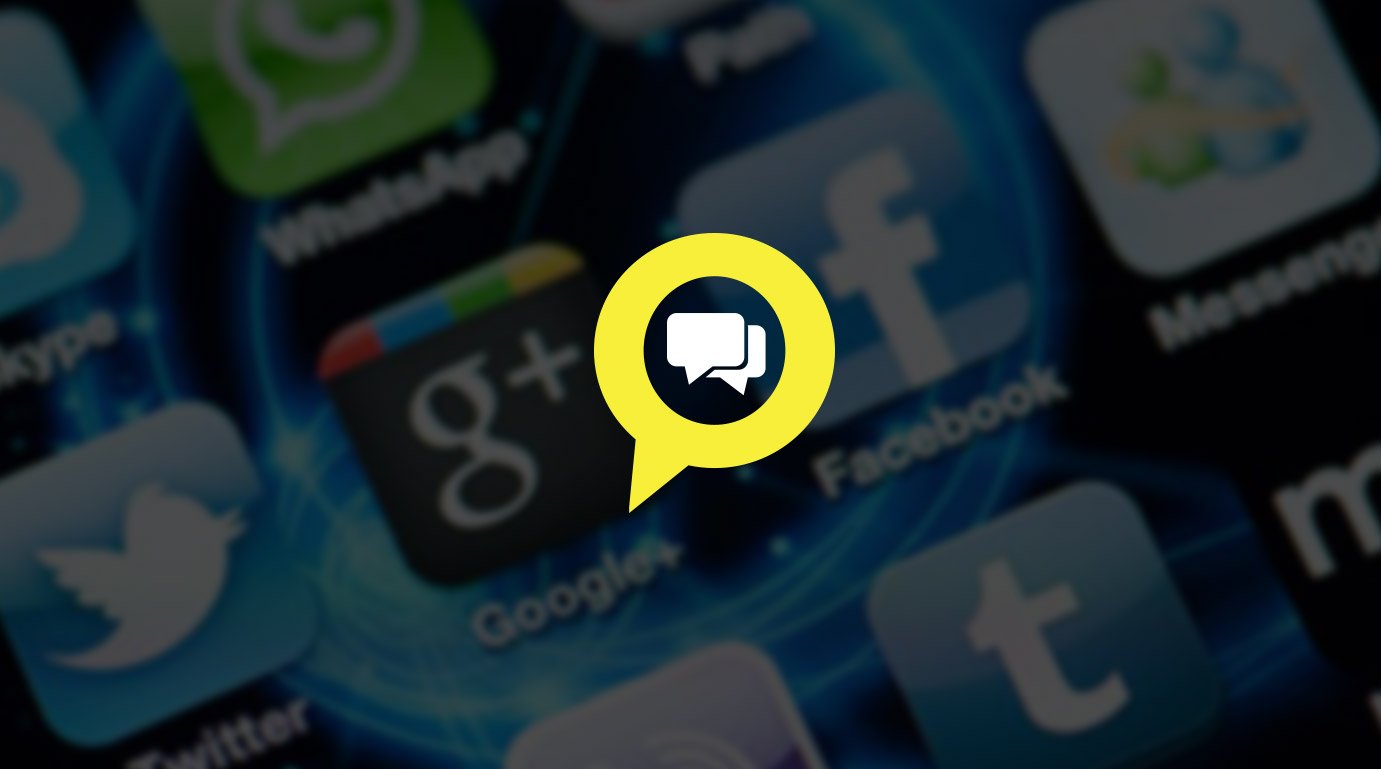
Presented by Blackberry
Talk Mobile Social
Why should anybody care about your social status?
Update. Check-in. Post. Poke. Tweet. Like. Pin. Upload. Filter. Share. Plus. The world of social networking is ever-evolving and ever-expanding. An outgrowth of our own in-person social interactions, online social networking has become a new facet of our human communication, often supplanting a good portion of that originating in-person interaction.
Social networking has spread our reach from the people who are within the range of our voice to the ends of the Earth and back again. It's enabled the sharing of photos and videos and more in ways that were never before possible. Social networking has reconnected old friends, strengthened existing relationships, and forged new ones across the digital chasm.
But does any of it matter? Should we really care what other people think about what we post? Do other people actually care? Does it matter which networks we use, and how much time we spend on them?
Has social networking give us great voice, or just greater noise?
Let's get the conversation started!
Be an expert in 5 minutes
Get the latest news from Android Central, your trusted companion in the world of Android
By Daniel Rubino, Kevin Michaluk, Phil Nickinson & Rene Ritchie
Play




Social Status
Social Status

Phil Nickinson Android Central
Digital narcissism on a level playing field
The first part, of course, is up to you. Sure, there's more than a little bit of narcissism involved in being social online. At some level you want someone to hear what you have to say. And there's a little bit of narcissism in everyone. (OK, more than a bit in a few of us.)
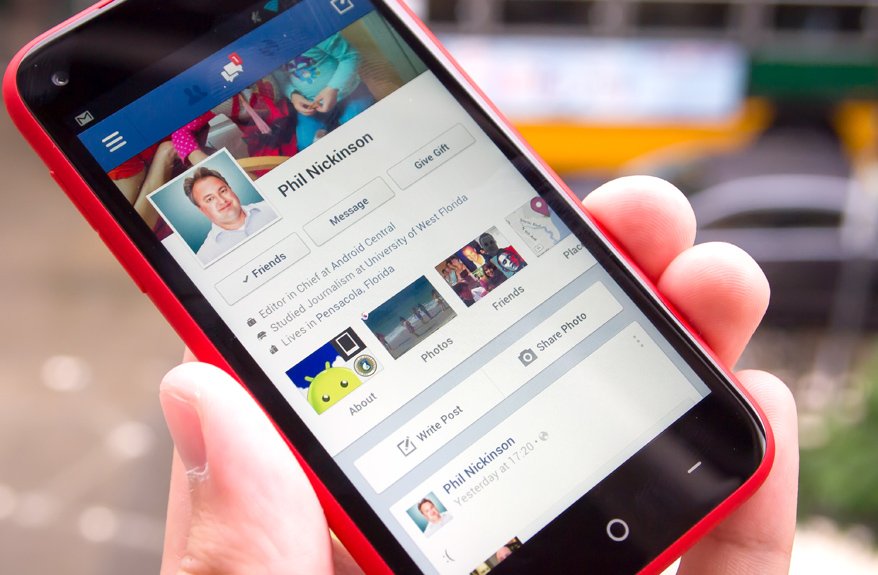
thefacebook.com
Facebook was created in 2004 by Harvard University student Mark Zuckerberg. The fledgling social network was limited to just Harvard students, though within a several months had expanded to include students at universities across North America - so long as you had a valid university email. The next year Facebook expanded again to include high school students, and then select companies like Apple and Microsoft. In 2006, the doors were flung open to anybody over 13 years old.
By 2008 Facebook had it the 100 million users milestone, less than five years after launching and less than two years after opening membership to the public-at-large. By the end of 2012, Facebook's membership had exploded to over a billion active users. 2012 also saw Facebook's initial public offering, raising $16 billion from the sale of stock, but the IPO was tarnished by trading malfunctions and a drastic drop in the value of the stock, costing investors billions.
It's as much a fallacy as it is truth that being "social" online means you're just babbling into the ether, hoping someone cares. But that's what you get with a level playing field. It's a vast field, and some of the players are bigger than others, but everyone's in it together.
The trick is to get anyone to listen. Sometimes that's done by saying a lot and hoping some of it's interesting. Others say little. But speaking with infrequency can give your voice more weight. The size of social circles -- the number of people following you and, thus, listening -- is largely overrated. If that's what's important to you, cool. But we'd argue having 100 people who truly want to hear what you have to say is far more important than having 100,000 who don't really care.
The trick is to get anyone to listen.
The third part of this equation is a method of broadcasting. Twitter is the de facto service for broadcasting short thoughts. Facebook connects millions of people. Newer services such as Google+ and app.net offer their own flare. Google, of course, has the power of, well, Google behind it, while fledgling ADN (as the kids have taken to calling it) remain mostly understood.
Those are but a few examples, though. Tumblr -- more of a short-form blog service -- was bought out by Yahoo! for $1.1 billion. Clearly there's something there. BlackBerry Messenger has had a cult-like following for years. They're maybe not "social" in what we'd consider the contemporary sense, but they're social nonetheless.
No matter the service you use, the barrier to entry to be social online is as low as requiring a username and password. Have that, and you're on the playing field.
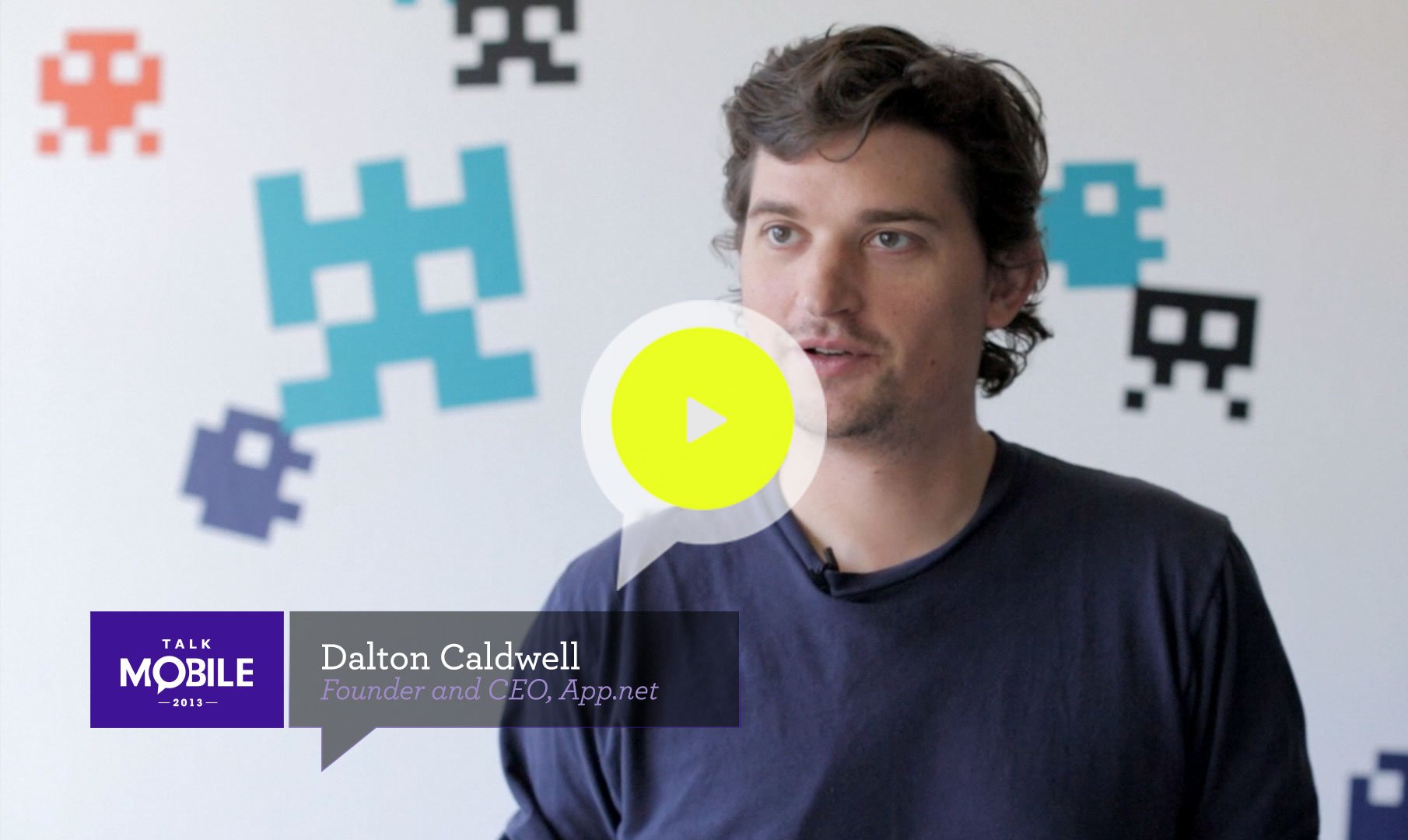
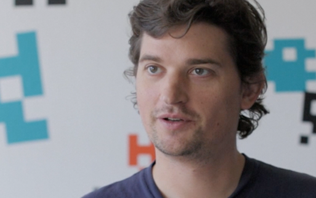
The market for social networking is pretty much everybody with a smartphone.
- Dalton Caldwell Founder and CEO, App.net
Q:
Social networks: a place to be heard or an echo chamber?
313
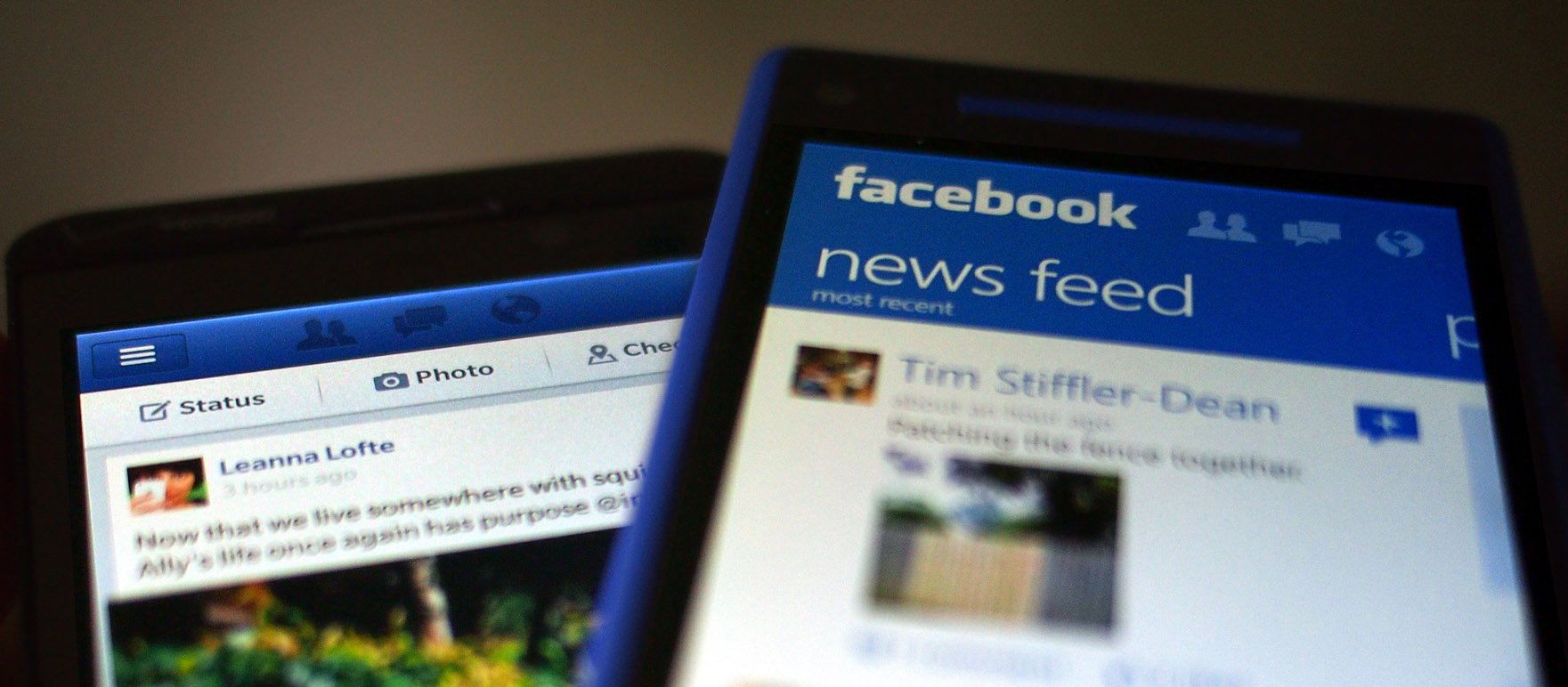

Rene Ritchie iMore
Hash(tagg)ing out which network is for you
I'm annoyed that social has become so fragmented. Sure, it's always been that way. Back in the day you hung out on Compuserve, Prodigy, or Delphi, or AOL, and seldom did you mingle beyond the walls of your garden. Then the internet opened up, and eventually we got Friendster, then MySpace, and then Facebook. Yet it's nowhere nearly that simple, because Twitter grew as well, but pissed off enough people that App.net is now a thing. And Google had launched Google+ as well.
That's not even counting the niche social networks, from Instagram to Path to the new BBM Channels to the dozens of others across all spectrums. There are so many, in fact, that unless you become an automaton that pushes the same status to every network with an API, you can't possibly "use" them all. There's only so much time in the day.
There are so many social networks that unless you become an automaton you can't possibly "use" them all.
Facebook, for now at least, is the epitome of modern social. If you want a place to keep connected to friends and family, play games, and organize events, you want Facebook. Messaging is big on Facebook as well, though Whatsapp is coming on strong. With Facebook Pages, businesses and brands can have a presence, and Facebook has purchased Instagram, launched a VoIP service to compete with Skype, and a new Home interface for Android.
Twitter was nerdtopia, where you could be followed without following, and keep up with everything from news to conferences to bar hopping. Some of that's moved to App.net and private tools like Glassboard while Twitter pushes its userbase towards the mainstream. Now it's the place to be for following celebrities, interacting with your favorite brands, and #hashtagging the stuffing out of TV shows, movies, and whatever else might be trending.
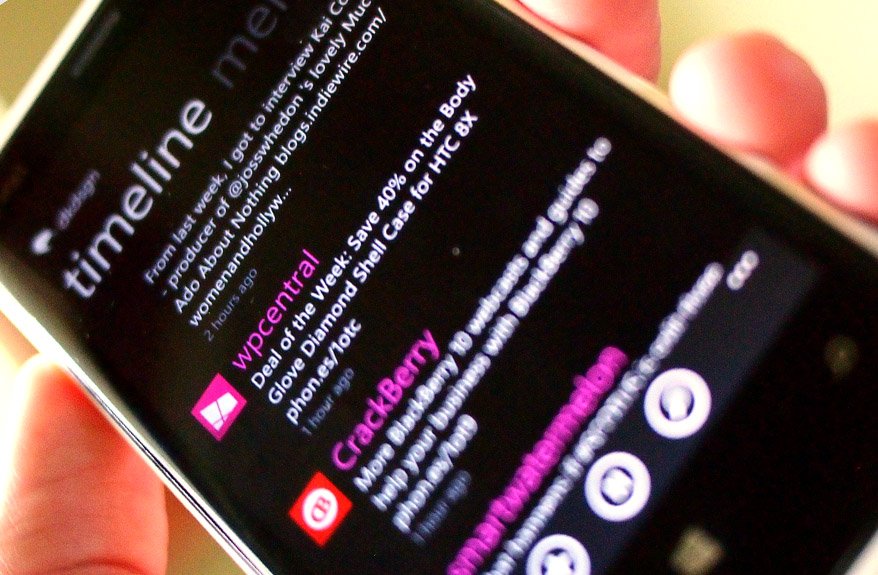
A short burst of inconsequential information
While Twitter was technically launched in July 2006, the real coming out party for the micro-messaging service was at SXSW Interactive the following year, where activity on the network tripled. Twitter's growth was explosive, jumping from 1.6 million tweets in 2007 to more than 400 million tweets posted in 2008. In 2010, Twitter was seeing more than 50 million messages posted onto its network a day.
Twitter has grown into a medium of immediacy with its users focusing almost exclusively on realtime events and has grown to more than 200 million monthly users. The recently-implemented API v1.1 clamped down on third-party apps, instituting a cap of 100,000 users (or double for older apps), ostensibly to drive users to Twitter's official ad-supported apps.
Google+ does photos better than Facebook, and allows far more characters than Twitter, and has a Hangout service that allows for the best group video conferencing on the web right now. Yet despite Google pushing Google+ to everyone on the planet with a Gmail account, it hasn't gone as mainstream yet as either Facebook or Twitter.
The niche sites you only need if you have a huge interest in their particular speciality, and want a social experience focused on just that, without any distractions. In other words, if you want your photos and the comments on your photos free of the politics, television, and other drama on Twitter, Instagram is for you.
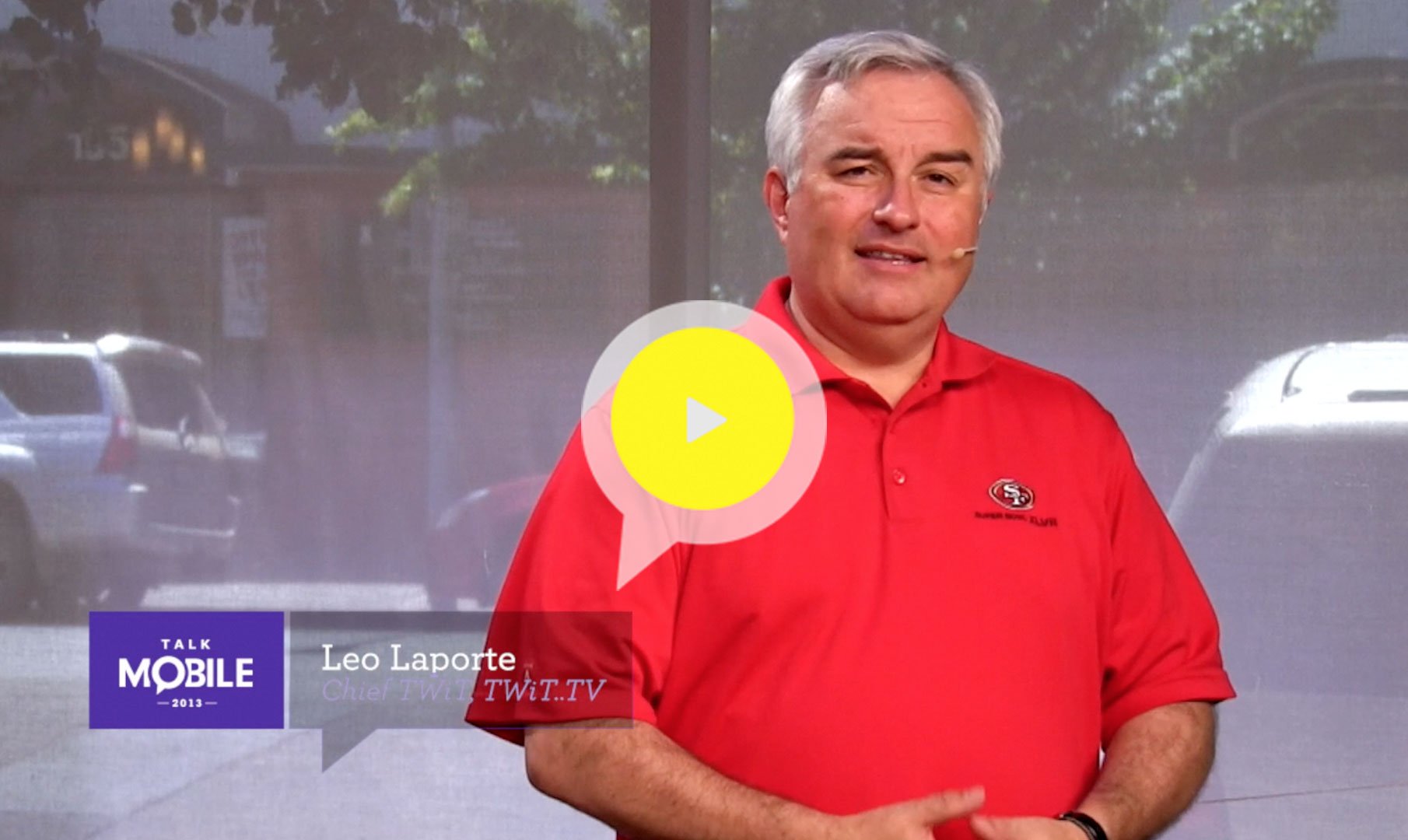

Occasionally my family members will say things, or I'll talk to other people who say, "do I need to be on Twitter?" And I'll say, "no".
- Leo Laporte Chief TWiT, TWiT.TV
Q:
Talk Mobile Survey: The state of mobile social communications
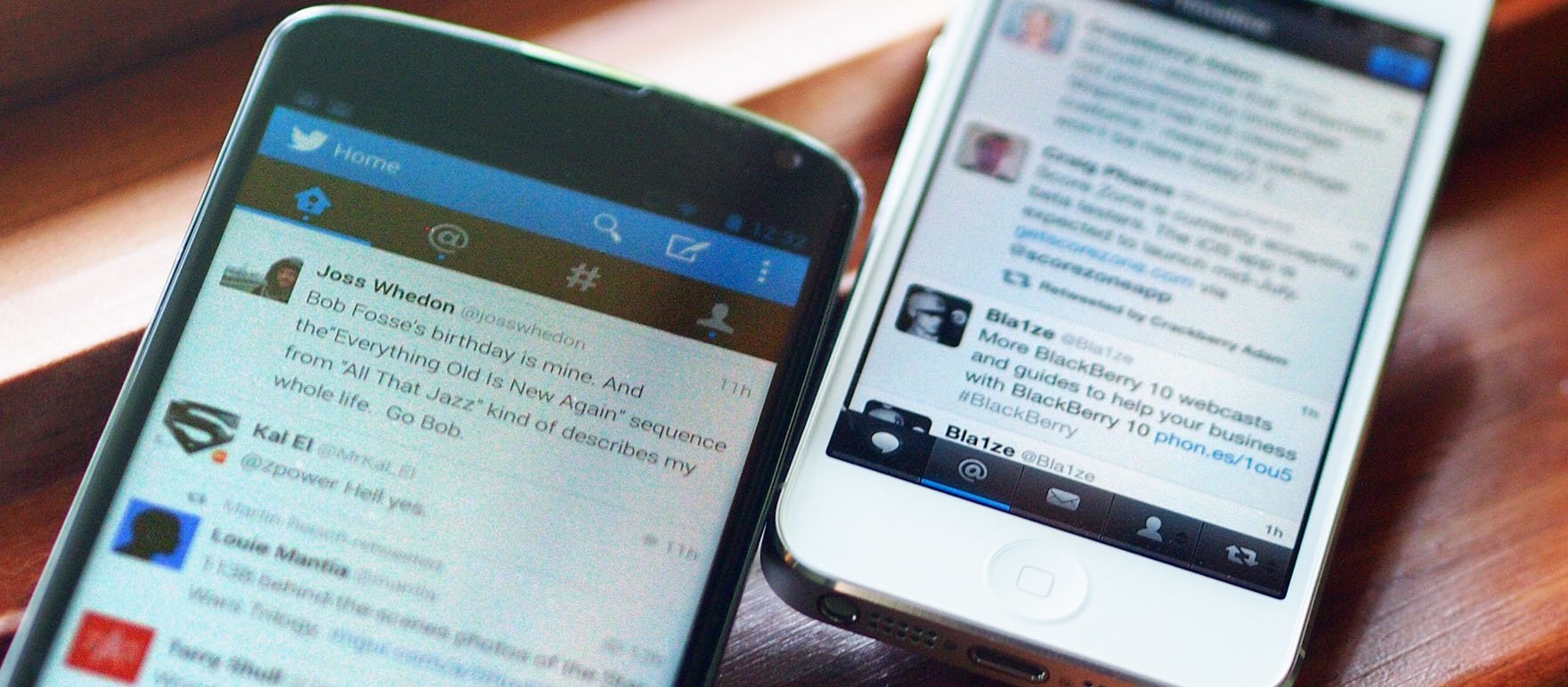

Kevin Michaluk CrackBerry
The social networking time sink
Social networking can be either a massive time saver, or a total time killer. Honestly, it depends on your personality and your goals.
For the average person, one who maintains a smaller network comprised of only the people they care most about, Facebook can be incredibly efficient. Following a few celebrities and a few interesting communities (like all the Mobile Nations sites) on Twitter can be really enjoyable. Used with focus and restraint, social networks can enrich our lives, keep us informed, and keep us up to date faster and better than just about anything else.
But it all too often becomes a numbers game. And I totally blame the networks themselves for that. They put big follower counts, like counts, friend counts, plus counts, etc. where everyone can see them, including us and our egos. That makes it a game, and it makes competitive people -- like me -- want to compete. And competing takes time.
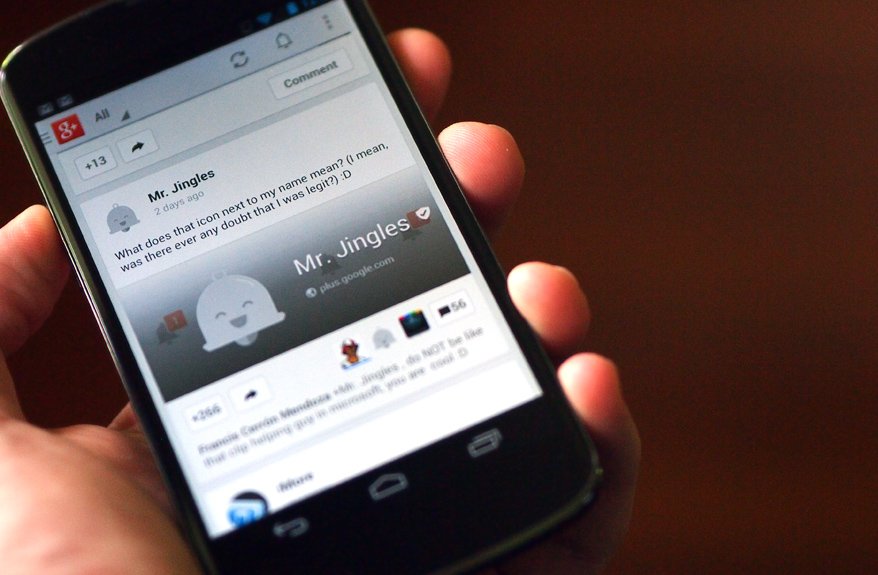
Try, try, and try again
Google long struggled to break into social networking. 2004 actually saw the debut of Orkut, but the network only ever caught on in Brazil and India. 2008 saw the launch of Google Friend Connect to stunt the growth of the rising Facebook, but the service fell flat. Two years later, Google Buzz was launched into a firestorm of criticism about privacy and the purpose of the service, and was shuttered a year later.
In late 2011 Google finally hit a working formula with the slow rollout of Google+. While duplicating a lot of the functionality found in Facebook, Google+ tightly integrated with the rest of Google's more popular services, including Search, YouTube, and Google Talk. A year later, Google+'s user count had topped 500 million, buoyed by other Google services and surpassing Twitter, but still far behind Facebook.
Social has potential both great and terrible.
Humans are innately social creatures, and the more people you add, the more interactions you'll have via messages, mentions, questions, and more. That increases the amount of time you have to spend engaging on your networks. And the more you engage, the more you get engaged, and the time commitment just grows and grows.
Who doesn't love attention? Who wouldn't rather argue or flirt or joke or goof off online than work or do chores or be bored in real life?
That's why social can eat up whatever time you put into it, and come back demanding more. It never stops. It never gets full. You could spend all day and all night posting and replying and never get anything else done.
Social has potential both great and terrible. It can keep us connected or it can be a total time sink That's the blessing and the curse of social, and of any tool really. What matters is how we use it.
Q:
How do you deal with the distraction of social networking?
313
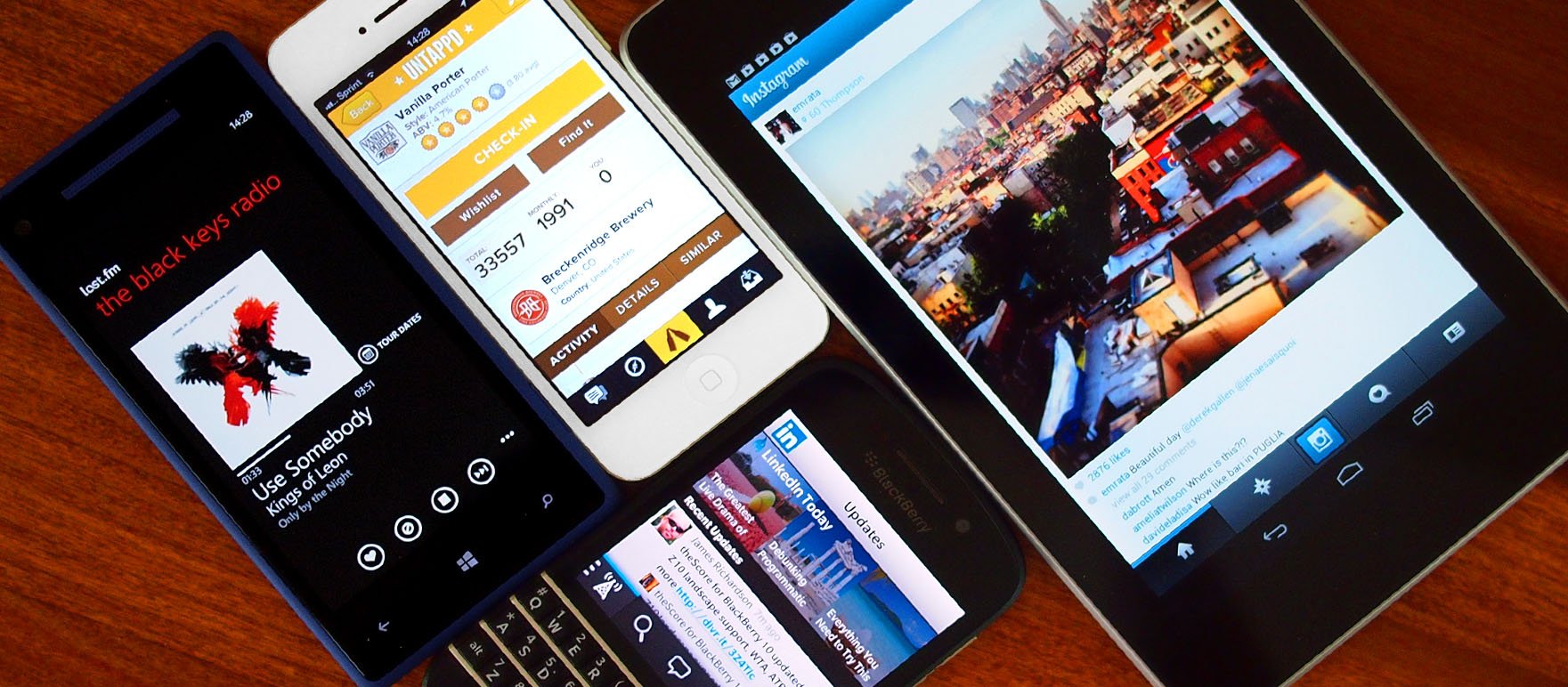

Daniel Rubino Windows Phone Central
Social networking empowerment and amplification
With the advent of modern social media, users today have unprecedented access to self-publishing the likes of which have never been seen. Whether it's the self-capped limits of Twitter's 140 characters or Facebook's statuses, likes, photos, and videos, the ability to both spread quickly and without boundaries has truly dramatic implications.
The biggest effect has been felt in the world of politics and society where almost anyone can become a hero or villain with posts that capture attention with their wit, cognizance, or thoughtlessness. We saw this in the Middle East recently and even the Occupy movement where young tech savvy activists took advantage of modern tools for quick organization. Law enforcement too has taken notice.
Anyone can become a hero or villain with posts that capture attention with their wit, cognizance, or thoughtlessness.
The other truly fascinating aspect of a service like Twitter is the ability to knock down boundaries. No longer are you just Joe Schmoe on your couch — with little effort you can have a virtual conversation with persons across the globe, even ones of import. Twitter lends itself to quick, non-committal relationships — you don't need to follow someone in order to converse. Likewise, if you're funny or smart, your Tweets can become a source of regular entertainment for many, as happened with Justin Halpern of "Shit My Dad Says" and the career sparked off of documenting his foul yet oddly erudite father.
Indeed, the various modes of communications that are constantly being "invented" naturally fall in line with memetics - the modern study of information ideation and distribution. These systems work because humans are absurdly social creatures who constantly yearn for interaction. Twitter, Facebook, Instagram, Pinterest, Tumblr and whatever comes tomorrow are all different modes of expression for people.
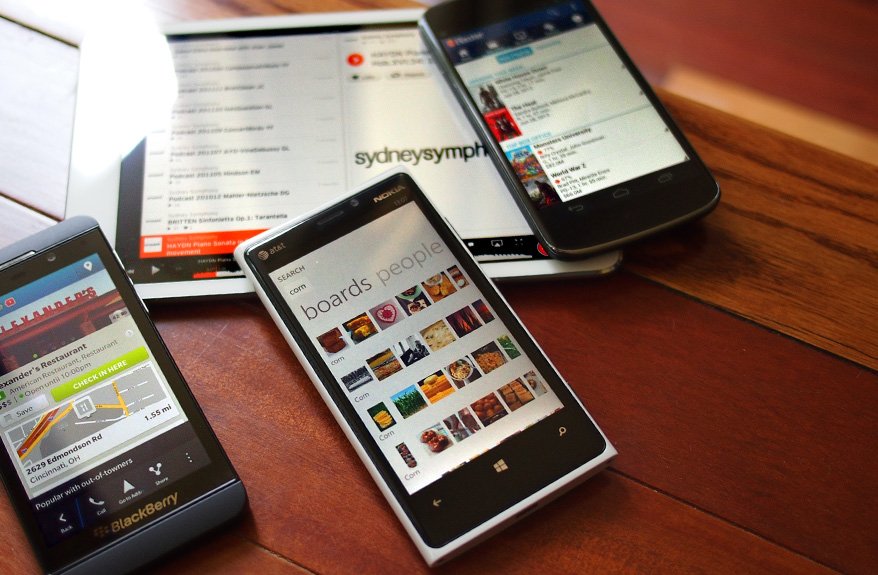
A social network for every taste
While Facebook, Google+, and Twitter are all general purpose social networks for posting of photos, videos, links, and updates, they all have their differences. Below them an array of specialized networks have sprung up to fill an array of niches.
Instagram exists for mobile photographers, while Flixter is for movie buffs. Beer lovers can find friends and brews on Untappd and diners-out can check-in on Foursquare. LinkedIn caters to the business crowd and Classmates.com connects you with your buds from school. Musicians can broadcast on SoundCloud, visual artists can display their works on DeviantArt, regular Joes can share what they're listening to with Last.fm, and regular Janes can collect their favorite things on Pinterest.
The big social networks have little reason to cater to niches, and that's where the specialized social networks have arisen.
The difference with these tools is that since they are connected to the internet, in theory the "audience" is the world. This power, combined with speed, can make people on Twitter during natural emergencies or civil unrest just as important, if not more, than traditional news media. That raises an individual's status from just a single person to giving them an outlet to millions of people.
The long term effect of these tools on children, youth, and even adults is not yet known as we're at the very beginning stages of mass social media. However, a few things are for certain: these apparatuses are here to stay and they are increasingly powerful, with impending massive repercussions for our lives.
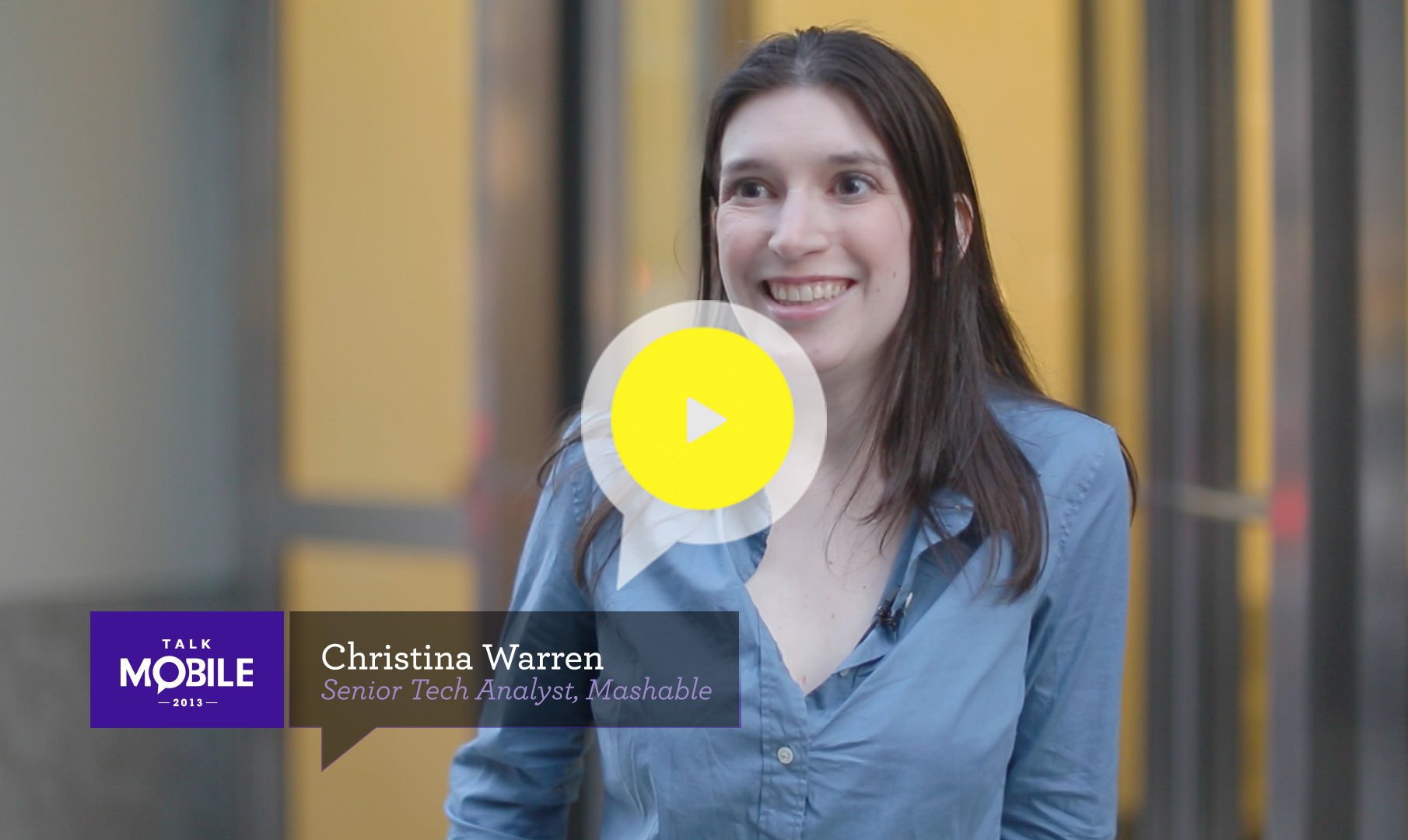
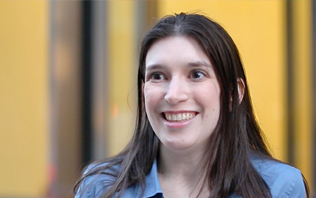
We talk a lot about the democratization of media, and about how the playing field has been leveled, and this is both true and not true. It's both a myth and it's a reality.
- Christina Warren Senior Tech Analyst, Mashable
Q:
Which social networks do you love, which do you hate, and why?
313
Conclusion
Social networking is simultaneously the greatest and worst thing ever. It enables us to connect to persons around the globe and in our own backyard. We can communicate our interests to like minds, and we can engage in debate with nearly anyone, anywhere. Anybody can rise to fame simply by saying the right - or the wrong - thing.
But it's not without its pitfalls. Social networking encourages a new kind of narcissism where we sometimes feel compelled to share aspects of our lives that should probably remain private, and are subjected to the judgement of others. It can be a time sink, cutting into time we should be spending working or socializing with people in real life. With more and more specialized social networks it's becoming easier to fall down the rabbit hole.
Social networking empowers us, it amplifies our voice. But it also can tear us down by gobbling up precious time and energy, reconfiguring our expectations and aspirations, and exposing us to sides of other people and ourselves that we may not embrace. But in the end it's a tool. It's up to us to use it properly.

